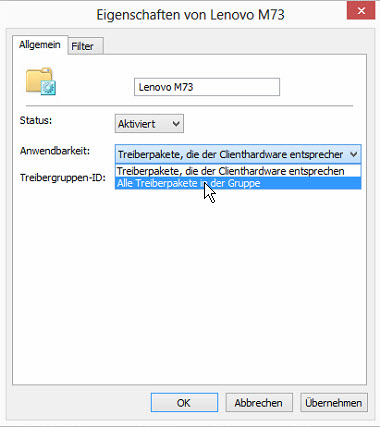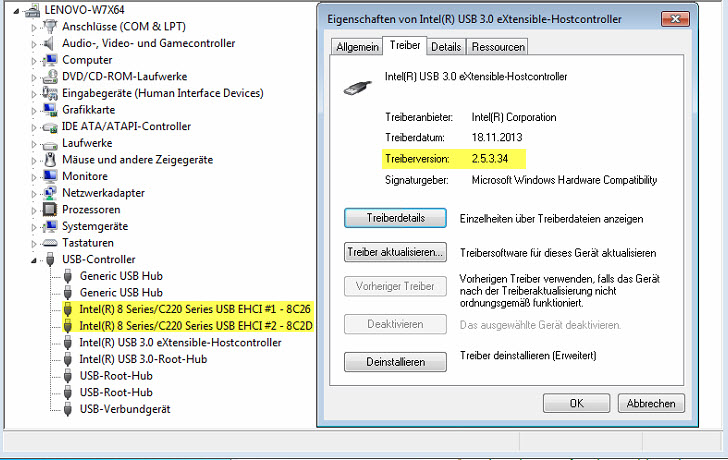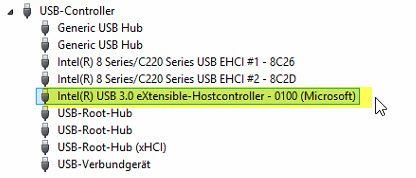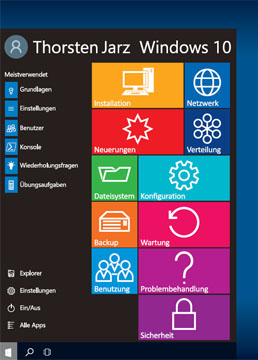Windows 7
This article applies to volume-licensed Windows 7 devices that use Key Management Service (KMS) activation and have the KB 971033 update installed. Some users may receive the Windows Activation or "Windows is not genuine" notifications starting at or after 10:00 UTC, January 8, 2019.
On January 9, 2019, we reverted a change that was made to Microsoft Activation and Validation servers. For devices that continue to report activation and “not genuine” notifications, you should remove KB 971033 by following the steps in the "Resolution" section.
Windows editions that support volume-licensing activation include the following:
- Windows 7 Professional
- Windows 7 Professional N
- Windows 7 Professional E
- Windows 7 Enterprise
- Windows 7 Enterprise N
- Windows 7 Enterprise E
For Windows editions that experience activation and “not genuine” errors that are not caused by the Microsoft Activation and Validation server change around January 8, 2019, we recommend that you follow standard activation troubleshooting.
KB4487345 löst das Netzwerkproblem mit SMB, das nach der Installation von KB4480970 und KB4480960 entstanden ist.
This update resolves the issue where local users who are part of the local “Administrators“ group may not be able to remotely access shares on Windows 7 SP1 and Windows Server 2008 R2 machines after installing the January 8th, 2019 security updates. This does not affect domain accounts in the local "Administrators" group.
Endlich gibt es für Windows 7 SP1 ein Update Paket, indem alle Updates seit Erscheinen des SP1 enthalten sind.
Das so genannte "Convenience Rollup" trägt die offizielle Patch-Nummer KB3125574 und kann aus dem Microsoft Update Katalog heruntergeladen werden.
Download Update Katalog (nur Internet Explorer)
Update for Windows Server 2008 R2 x64 Edition (KB3125574)
Update for Windows 7 for x64-based Systems (KB3125574)
Update for Windows 7 (KB3125574)
Wichtig: Damit das Update Paket installierbar wird, ist zwingend die Installation von KB3020369 vorher notwendig.
https://support.microsoft.com/en-us/kb/3020369
Download:
Update für Windows 7 für x64-basierte Systeme (KB3020369)
Update for Windows 7 (KB3020369)
Update for Windows Server 2008 R2 x64 Edition (KB3020369)
Quelle: Microsoft
Update am 12.12.2014:
Update KB3024777 für Windows 7 behebt Updateprobleme durch KB3004394
Das beim Dezember Patchday installierte update KB3004394 bringt unter Windows 7 so einiges durcheinander.
Siehe dazu folgenden Beitrag http://www.borncity.com/blog/2014/12/10/windows-7-patchday-rger-mit-update-kb3004394/
Lösung: Das Update lässt sich problemlos deinstallieren und wird bei einem neuerlichen Windows Update nicht mehr angeboten (hat Microsoft heimlich entfernt.)
Was aber, wenn das Update schon auf vielen Windows 7 Rechnern im Netz installiert wurde, hier könnte der Ansatz aus folgendem Beitrag helfen:
Update am 21.10.2014:
Microsoft zieht Update KB 2949927 zurück!!
Quelle: zdnet.com
Und noch ein Update vom Oktober 2014 Patchday, das einen Fehler verursacht. Betroffen sind die Remotedesktopdienste unter Windows 7.
http://support.microsoft.com/kb/2984972
Sollten sich Remoteclient nicht mehr anmelden lassen, da zu viele Verbindungen gemeldet werden, dann sollte KB 2984972 wieder deinstalliert werden.
Adobe hat erneut ein Update für eine kritische Lücke im Flash Player veröffentlicht.
Alle Windows, Linux und OS X Nutzer sollten daher unbedingt auf die neue Version 15.0.0.239 aktualisieren.
Download: get.adobe.com/de/flashplayer
Versionstest: adobe.com/software/flash/
Beim Deployment von Windows 7 x64 über WDS kommt es zu Problemen, wenn aus dem WDS Treiberpool der Intel USB 3.0 eXtensible Host Controller Driver (USB 3.0) geladen wird.
Problem: kein USB Anschluss reagiert mehr.
Am WDS muss im Treiberpool der richtige Treiber hinterlegt sein. Von Intel gibt es 2 Typen von Intel USB 3.0 eXtensible Host Controller Drivern.
Download Intel USB 3.0 eXtensible Host Controller Driver für Windows 7 mit Intel® 7 Series/C216 Chipset Family
Download Intel USB 3.0 eXensible Host Controller Driver für Windows 7 mit Intel® 8 Series/C220 Chipset Family
Trotz richtig hinterlegter Treiber reagiert der PC nach dem Deployment nicht mehr.
3 mögliche Lösungen:
- am WDS die Treiber deaktiveren und ohne USB 3.0 deployen, wenn man die USB 3.0 Funktionalität nicht braucht.
- den Treiber nach dem Deployment über eine silent Installation einbinden. Das lässt sich auf folgende Weise relativ einfach lösen:
Man erstellt auf dem WDS im Verteilungspunkt folgende Ordner und legt darin eine Datei mit dem Name setupcomplete.cmd an.
Inhalt der Datei: \\Freigabename\Treiber\Intel\setup.exe -s-b
Nach Abschluss des Deployments wird die Datei abgearbeitet und die darin enthaltenen Befehle ausgeführt. - Im Treiberpool am WDS in der jeweiligen Treibergruppe folgende Änderungen vornehmen:
Treibergruppen-ID: Alle Treiberpakete in der Gruppe auswählen
- Nach dem Deployment von Windows 7 x64 auf einen Lenovo M73 sind die Treiber installiert und funktionieren:

- Für Windows 8.1 gibt es übrigens keine Intel USB 3.0 eXtensible Host Controller Driver, da diese bereits in Windows 8.1 für die Intel Chipsätze enthalten sind.
- Nach dem Deployment von Windows 8.1 x64 auf einen Lenovo M73 sind die Treiber installiert und funktionieren:





